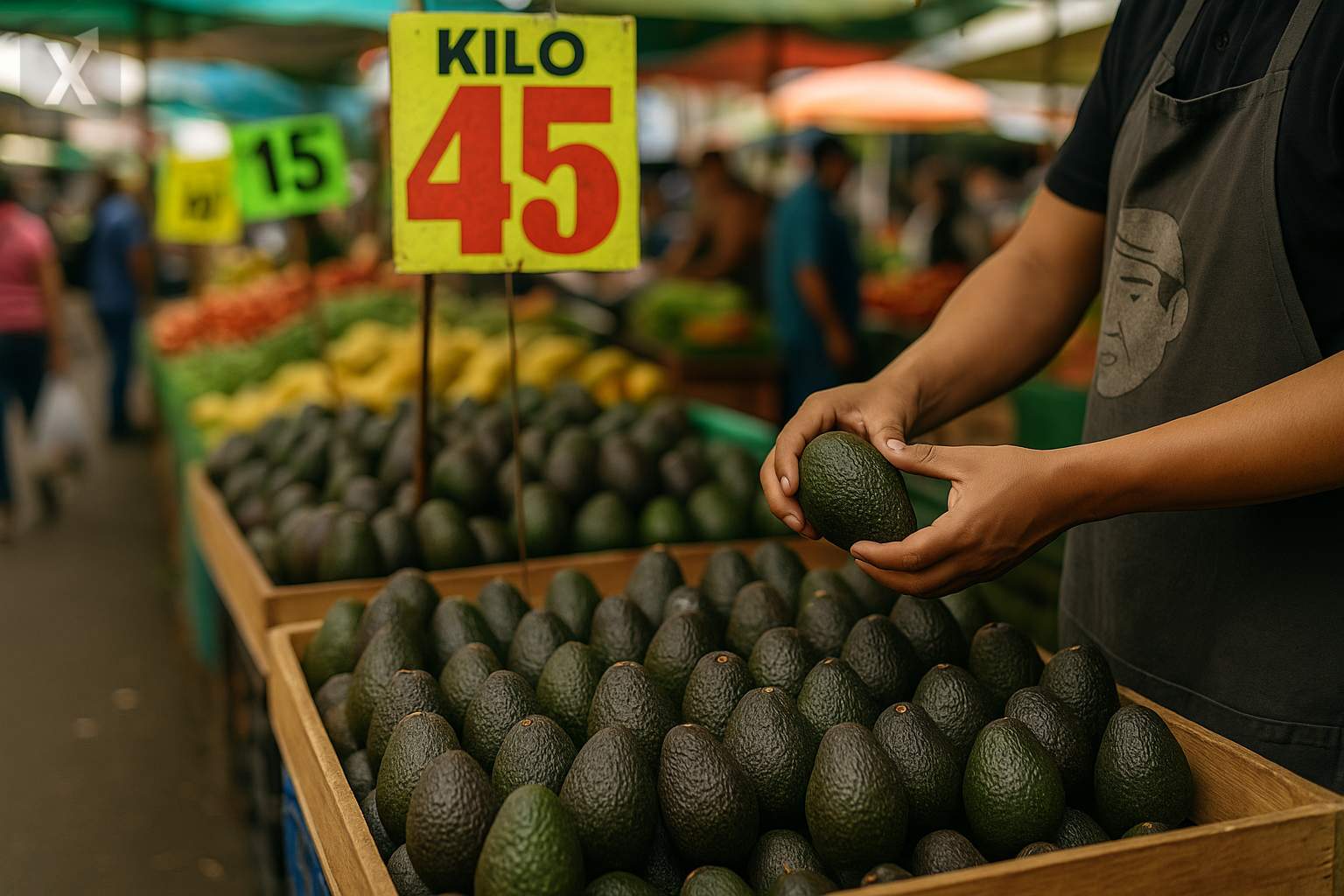Mexico Expands Its International Presence by Exporting Hass Avocados to Brazil

The Mexican Hass avocado, an iconic product of the nation’s agricultural sector, will now be able to enter Brazilian markets after the health authorities of both countries recently signed the Operational Work Plan (OWP) that regulates its export. With the implementation of this protocol, Brazil is opening its doors to a fruit for which Mexico is world-renowned, strengthening the expansion of the national agribusiness industry throughout Latin America.
According to official information, the Secretariat of Agricultural Defense of the Ministry of Agriculture and Livestock of Brazil issued Ordinance SDA/MAPA No. 1336 on July 17th, establishing the phytosanitary requirements for the importation of fresh Mexican avocados. The agreement, jointly designed by Mexico’s National Service for Agri-Food Health, Safety, and Quality (Senasica) and the Brazilian ministry, aims to ensure the quality of shipments and the absence of quarantine pests that could pose a risk to local crops. It will be Senasica’s responsibility to authorize only those orchards and packing facilities in Mexico that strictly comply with these standards.
Currently, Mexico is the world’s largest producer of avocados, harvesting close to 3 million tons annually. Historically, 46% of this production is destined for international markets, with the United States as the main buyer—in 2024 alone, it accounted for over $3.4 billion dollars of Mexican avocado exports—followed by Canada, Japan, and several countries in Central America and Europe. The opening of the Brazilian market, with a population of nearly 215 million people, represents a significant opportunity to diversify export destinations and reduce reliance on the U.S. market.
National production is concentrated mainly in Michoacán, a state that supplies nearly 90% of the country’s total, generating significant income and employment for the region. Municipalities like Uruapan have cemented their international reputation as avocado epicenters. Jalisco follows, and although it lags in volume, it has been at the forefront of market diversification efforts, especially after earning certification to export directly to the United States in recent years.
Beyond its production strengths, Mexico has a rich cultural heritage surrounding the avocado, a crop native to Mesoamerica with archaeological evidence dating back over 7,000 years. The Hass variety, prized for its flavor and durability during transit, is the main export product, although the country also grows other native varieties such as Criollo and Fuerte.
The entry of Mexican avocados into Brazil comes at a time when the nation’s agribusiness sector is striving to position itself as a global leader not only in volume but also in health and safety standards. While the opening of new markets brings growth opportunities, it also requires Mexican producers to meet more rigorous international requirements and adapt to new commercial conditions.
Looking ahead, market diversification will help stabilize the avocado sector’s economy by reducing risks associated with fluctuations in demand from any single importing country. The trade relationship between Mexico and Brazil—two of the most important economies in Latin America—stands to be further strengthened by this type of agreement, setting a precedent for future Mexican agri-food exports.
In summary, the authorization for Mexican Hass avocados to enter the Brazilian market represents a strategic opportunity for the country’s agricultural sector. Market diversification, stronger phytosanitary controls, and the consolidation of Mexico as a global reference for the production and export of agri-food products are key factors that will shape the future development of this vital industry for the national economy.





